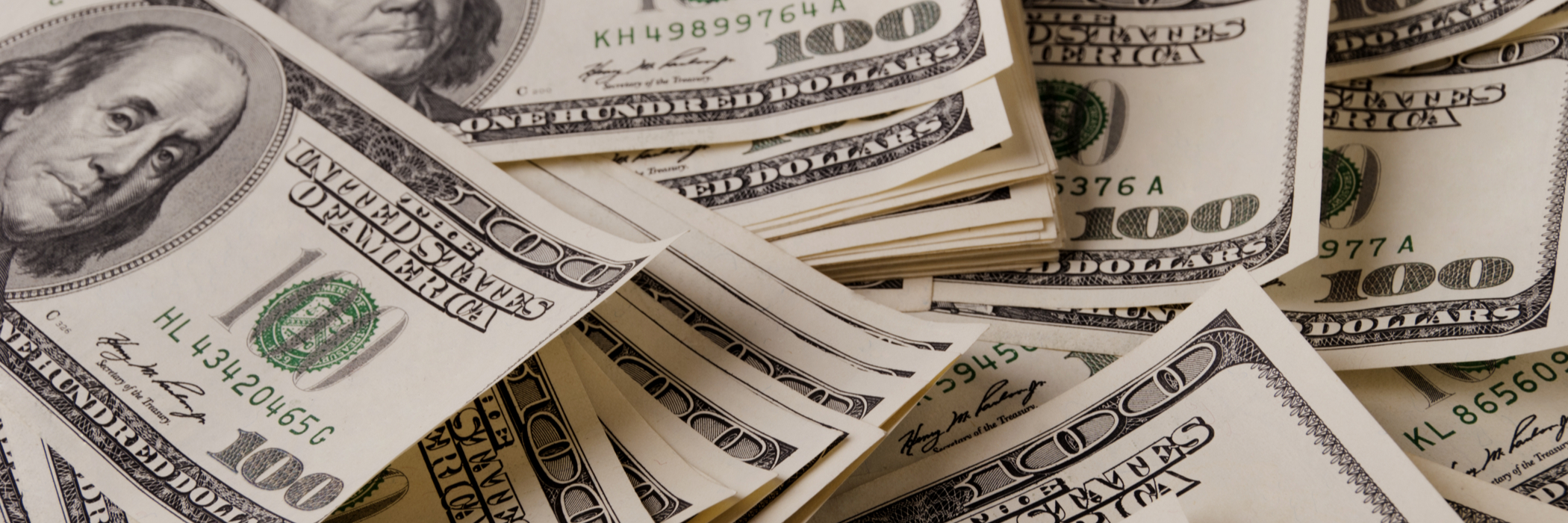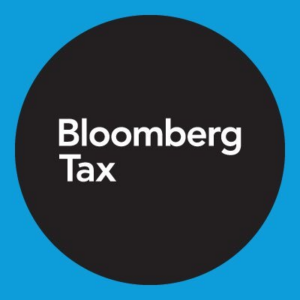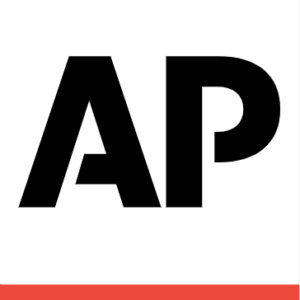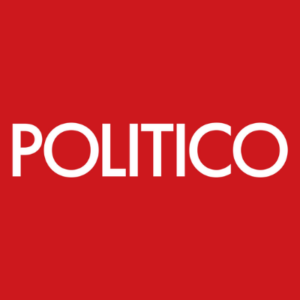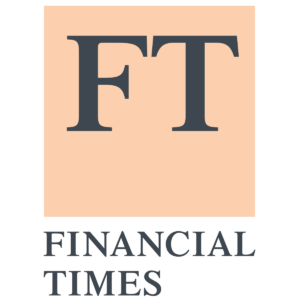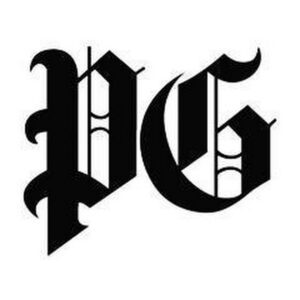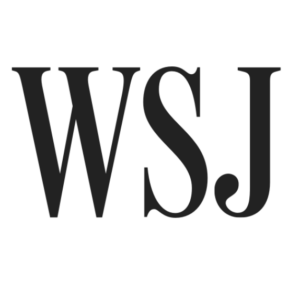
FinCEN’s Efforts to Implement Shell-Company Law Draw Criticism
In coverage for the Wall Street Journal, Dylan Tokar cites mounting criticism of Treasury’s implementation of the Corporate Transparency Act from FACT, banking groups, and prominent U.S. lawmakers.

